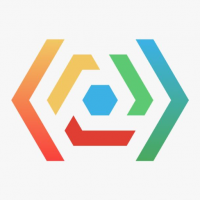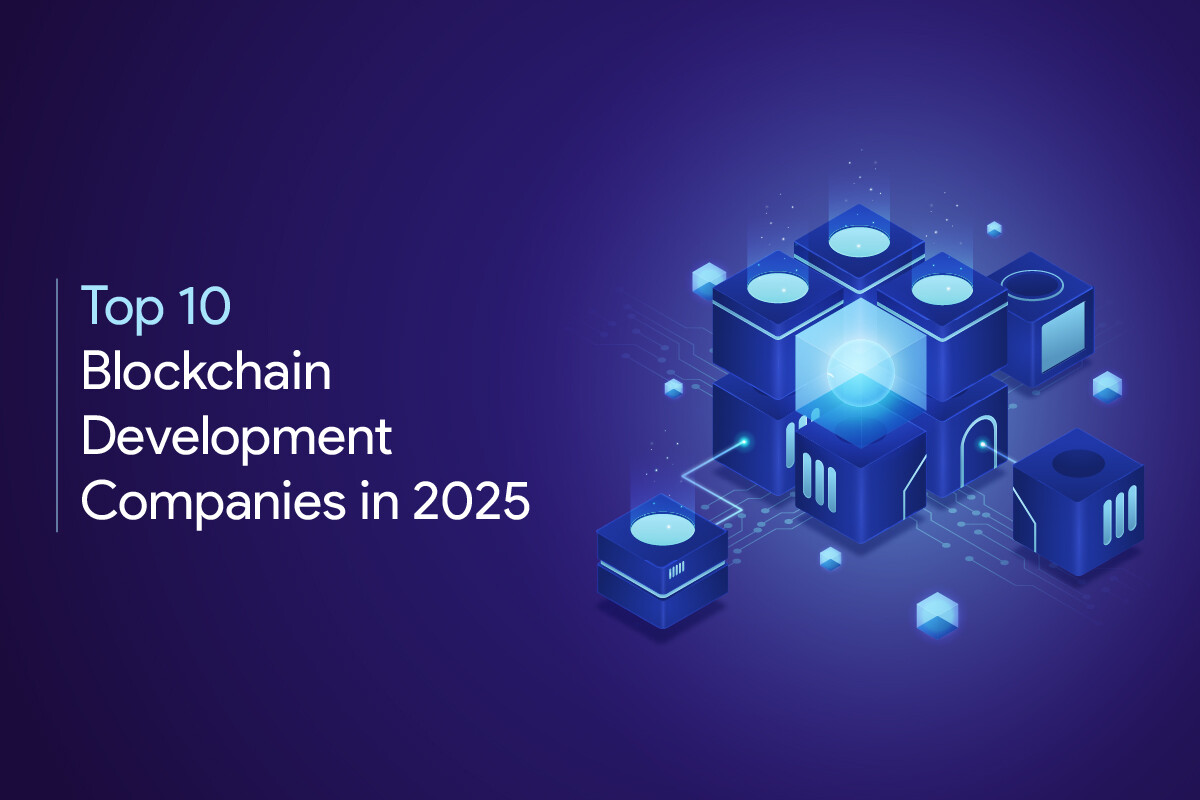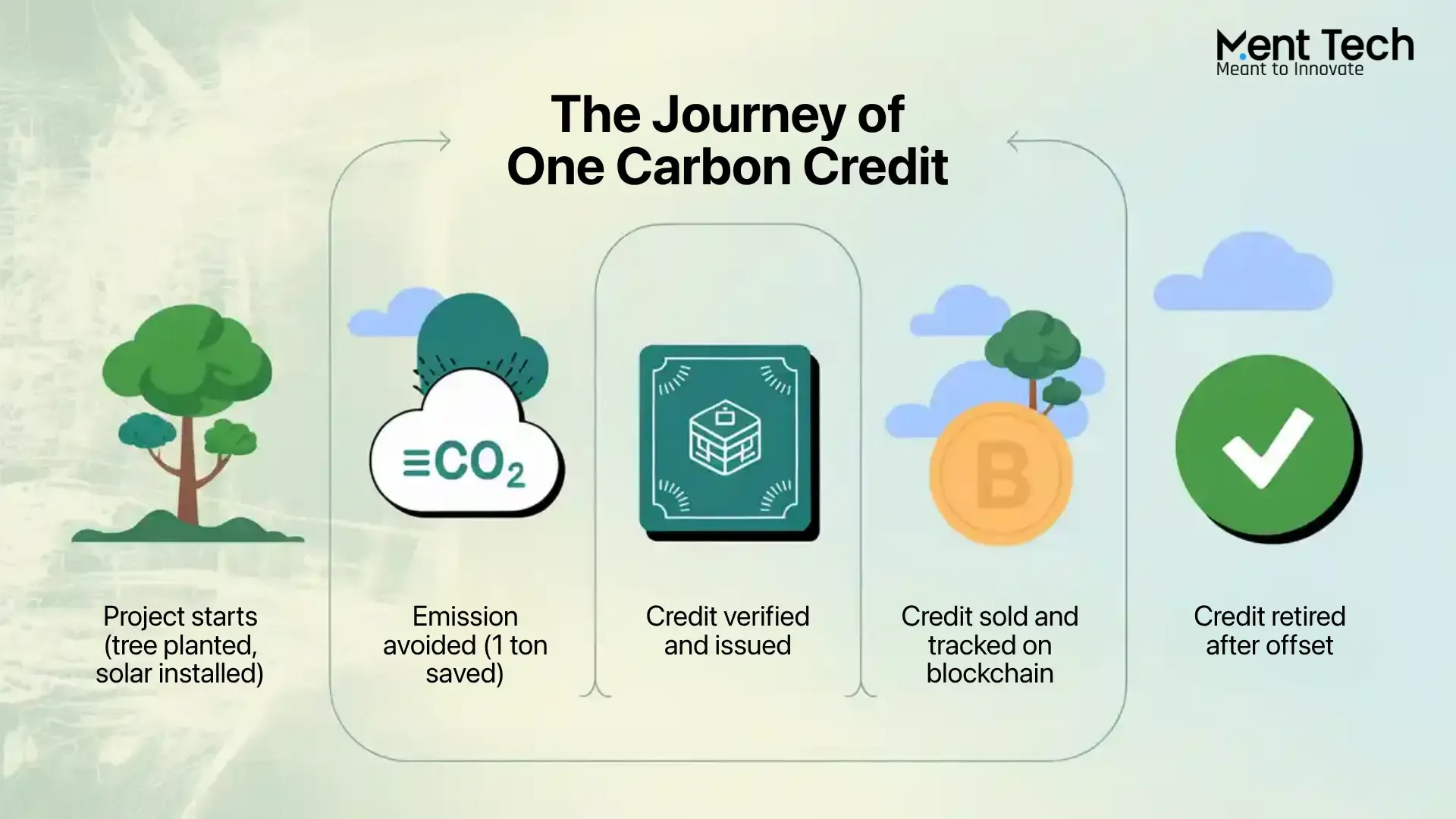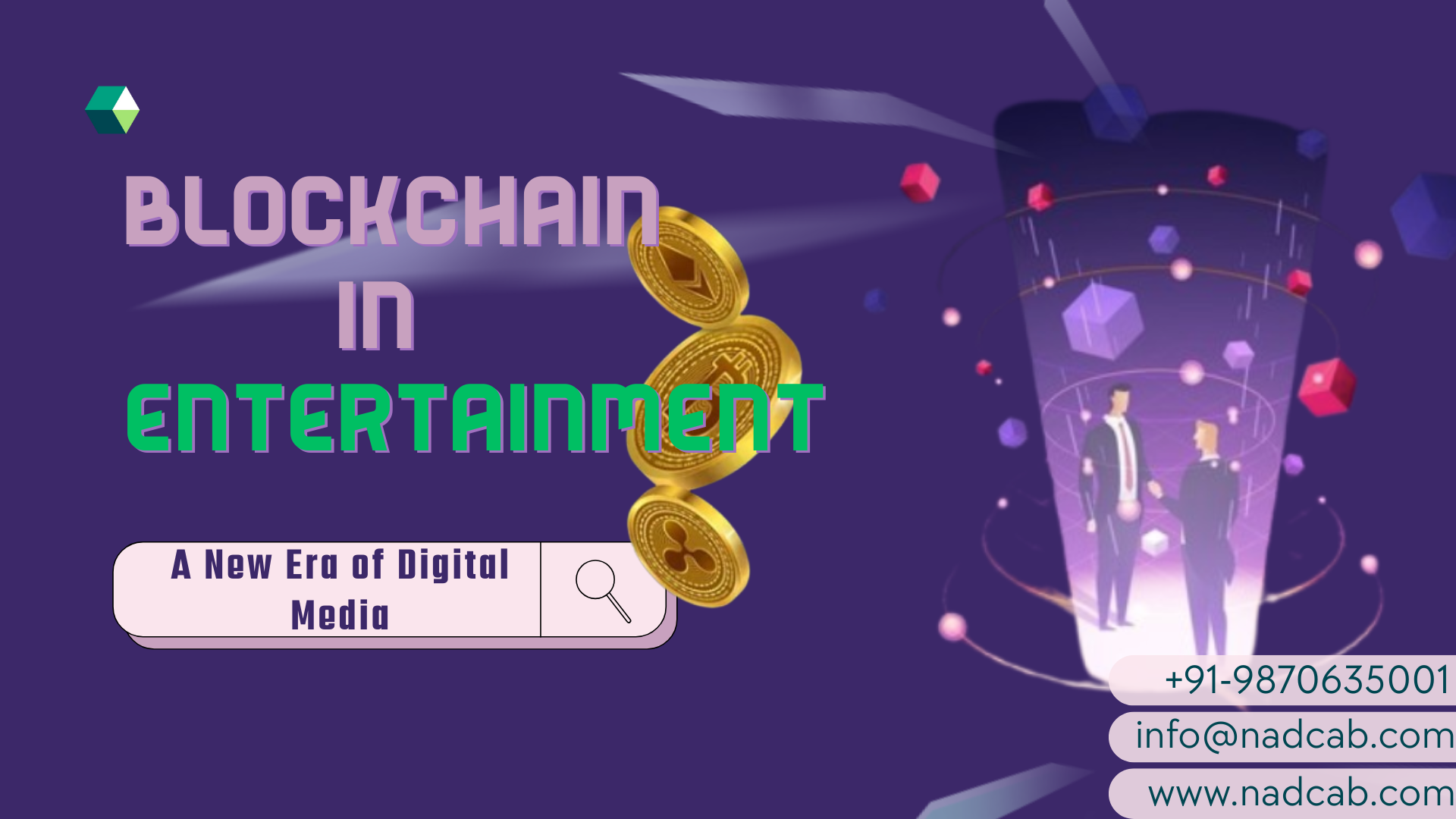How Blockchain May Help Future-Proof Your Software Development Career

Strong 8k brings an ultra-HD IPTV experience to your living room and your pocket.
The software development industry is constantly evolving, with new technologies shaping the way applications are built, deployed, and maintained. Among these innovations, blockchain technology has emerged as a disruptive force, offering unique opportunities for developers to expand their skills and stay relevant in a highly competitive field.
✍️ For startups and entrepreneurs, blockchain presents massive opportunities. Discover how blockchain applications can help reduce costs, increase trust, and create innovative business models across industries.
In this blog, we’ll explore how blockchain can help future-proof your software development career, the skills you’ll need, and the potential career opportunities it unlocks.
Why Blockchain is Transforming Software Development
Blockchain technology, best known for powering cryptocurrencies like Bitcoin and Ethereum, has expanded its use cases to industries such as finance, healthcare, supply chain, gaming, and real estate. Its core principles of decentralization, transparency, and immutability are driving demand for blockchain-based applications.
Key Reasons Developers Should Embrace Blockchain:
High Demand for Blockchain Expertise: With industries adopting blockchain for secure and decentralized solutions, there’s a growing need for skilled developers.
Cross-Industry Applications: Blockchain technology is no longer limited to cryptocurrency—it’s reshaping diverse sectors.
Innovation Potential: Blockchain introduces novel programming paradigms like smart contracts and tokenization, pushing developers to think outside traditional frameworks.
How Blockchain Skills Can Future-Proof Your Career
1. Expanding Your Expertise into Emerging Technologies
Blockchain development requires knowledge of advanced technologies such as cryptography, distributed systems, and smart contracts. These skills not only make you valuable in blockchain projects but also enhance your expertise in related domains.
Key Skills to Learn:
Blockchain Protocols: Understand how major protocols like Ethereum, Solana, and Binance Smart Chain work.
Smart Contracts: Learn to write self-executing contracts using languages like Solidity and Rust.
Decentralized Applications (dApps): Gain experience in building applications that run on blockchain networks.
Why It Future-Proofs You:
By mastering blockchain, you position yourself as a forward-thinking developer with expertise in one of the most in-demand technologies.
2. Unlocking High-Paying Career Opportunities
The demand for blockchain developers has outpaced supply, leading to higher salaries and lucrative job offers. From startups to Fortune 500 companies, businesses are competing to attract blockchain talent.
Popular Roles for Blockchain Developers:
Blockchain Developer
Smart Contract Engineer
dApp Developer
Blockchain Architect
Crypto Protocol Engineer
Why It Future-Proofs You:
As blockchain adoption grows, companies will continue to offer competitive compensation for developers with blockchain expertise.
3. Gaining Cross-Industry Versatility
Blockchain is being integrated into industries beyond cryptocurrency, including:
Finance: Decentralized finance (DeFi) platforms, payment systems, and digital currencies.
Healthcare: Secure patient data sharing and pharmaceutical supply chains.
Supply Chain: Tracking goods from production to delivery using transparent ledgers.
Gaming and Entertainment: NFT-based gaming economies and royalty tracking systems.
Why It Future-Proofs You:
Learning blockchain allows you to pivot across industries, opening doors to varied and exciting career paths.
4. Staying Relevant in the Age of Decentralization
The rise of Web 3.0, the next iteration of the internet, is built on blockchain principles like decentralization and user ownership. Developers who understand blockchain will play a crucial role in building Web 3.0 applications.
Key Web 3.0 Concepts:
Decentralized Finance (DeFi): Platforms like Uniswap and Aave that enable peer-to-peer financial transactions.
Non-Fungible Tokens (NFTs): Unique digital assets used in art, gaming, and intellectual property.
Decentralized Autonomous Organizations (DAOs): Blockchain-based organizations with transparent and community-driven governance.
Why It Future-Proofs You:
As Web 3.0 gains traction, blockchain expertise will become indispensable for developers.
5. Developing Problem-Solving and Innovation Skills
Blockchain development challenges traditional programming paradigms, requiring developers to think creatively and solve complex problems.
Examples of Challenges You’ll Tackle:
Optimizing blockchain scalability without compromising security.
Designing secure and efficient smart contracts.
Building user-friendly dApps for non-technical audiences.
Why It Future-Proofs You:
Working with blockchain technology hones your ability to adapt and innovate, making you a valuable asset in any development team.
How to Start Your Blockchain Development Journey
1. Learn the Fundamentals of Blockchain
Start by understanding the basics:
What is blockchain?
How does it work?
Key concepts like consensus mechanisms, tokens, and smart contracts.
2. Gain Hands-On Experience with Blockchain Platforms
Experiment with popular blockchain networks and development tools:
Ethereum: Learn Solidity to write smart contracts.
Solana: Explore high-performance blockchain development with Rust.
Polygon: Build scalable dApps on Ethereum-compatible networks.
3. Build Blockchain-Based Projects
Practical experience is crucial. Start with small projects like creating your own token, deploying smart contracts, or building a basic dApp.
4. Join Blockchain Communities
Engage with online communities to learn from experienced developers and stay updated on industry trends:
GitHub: Explore open-source blockchain projects.
Reddit and Discord: Join blockchain development forums.
Hackathons: Participate in blockchain coding competitions.
5. Pursue Certifications and Courses
Enroll in blockchain development programs from platforms like:
Coursera
Udemy
ConsenSys Academy
Future Trends in Blockchain Development
1. Scalability Solutions
Technologies like Layer 2 protocols and sharding are addressing blockchain scalability issues, creating new opportunities for developers.
2. Integration with Artificial Intelligence (AI)
Blockchain and AI are converging to enhance data security, transparency, and decision-making processes.
3. Central Bank Digital Currencies (CBDCs)
Governments worldwide are exploring blockchain for CBDCs, offering developers a chance to work on groundbreaking projects.
4. Green Blockchain Solutions
As sustainability becomes a priority, developers will focus on energy-efficient blockchain platforms.
Conclusion
Blockchain is more than a trend—it’s a transformative technology shaping the future of software development. By learning blockchain skills, developers can future-proof their careers, gain access to high-paying roles, and contribute to cutting-edge projects across industries.
Whether you’re a beginner or an experienced developer, now is the time to explore blockchain and position yourself as a leader in this fast-evolving field. Embrace blockchain technology, and you’ll not only secure your career but also play a pivotal role in driving the digital revolution forward.
Note: IndiBlogHub features both user-submitted and editorial content. We do not verify third-party contributions. Read our Disclaimer and Privacy Policyfor details.







